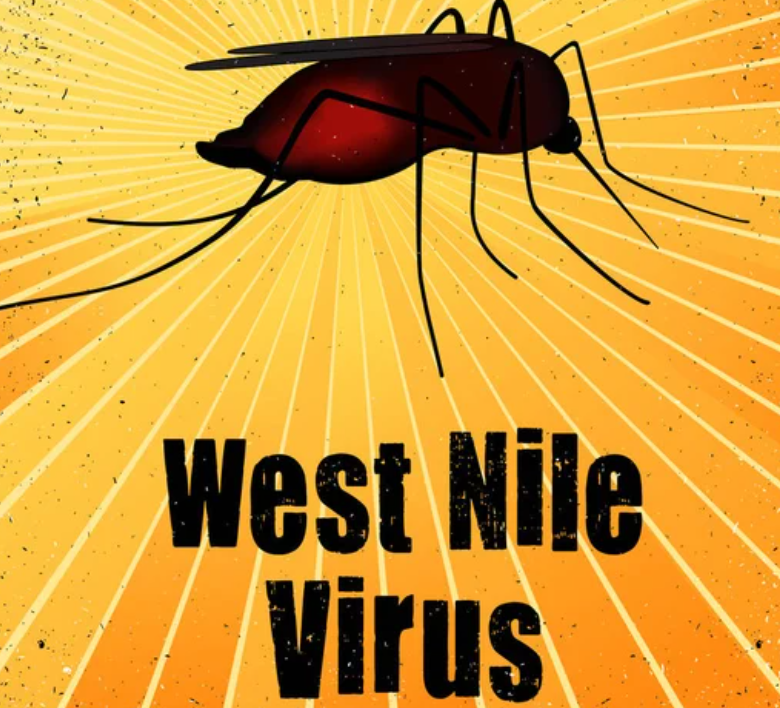
DANBURY, CT — The Connecticut Mosquito Management Program has confirmed the presence of West Nile virus (WNV) in mosquitoes collected from a testing site in Danbury. This marks the first positive identification of the virus in Danbury this season.
West Nile virus is primarily spread through the bite of an infected mosquito. While many who contract the virus do not exhibit symptoms, some individuals may experience severe illness. Common symptoms of WNV include fever, headache, body aches, joint pains, vomiting, diarrhea, and rash. In severe cases, the virus can lead to encephalitis (inflammation of the brain) or meningitis (inflammation of the membranes that surround the brain and spinal cord). Individuals over the age of 60 and those with weakened immune systems are at greater risk for serious complications.
“We urge all residents to take the necessary precautions to protect themselves and their families from mosquito bites," said Fernanda Carvalho, City of Danbury Director of Health and Human Services. "To prevent the spread of mosquito-borne diseases in our community, the City of Danbury Department of Health and Human Services contracts with a mosquito management company to treat over 5,500 catch basins throughout the City annually. Simple measures like using insect repellent, wearing protective clothing, and eliminating standing water can significantly reduce the risk of infection.”
To reduce the risk of WNV infection, residents are urged to take the following precautions:
- Minimize time spent outdoors between dusk and dawn when mosquitoes are most active.
- Consider the use of mosquito repellents containing an EPA-registered active ingredient, including DEET, Picaridin, IR3535, oil of lemon eucalyptus, para-methane-diol (PMD), or 2-undecanone when it is necessary to be outdoors.
- Wear shoes, socks, long pants, and a long-sleeved shirt when outdoors for long periods of time, or when mosquitoes are more active. Clothing should be light-colored and loose-fitting and made of tightly woven materials that keep mosquitoes away from the skin.
- Be sure door and window screens are tight-fitting and in good repair.
- Use mosquito netting when sleeping outdoors or in an unscreened structure and to protect infants when outdoors.
The Connecticut Mosquito Management Program will continue to monitor and manage mosquito populations in the area. Residents are encouraged to stay informed about WNV activity and follow recommended guidelines to protect themselves and their families.
For more information on West Nile virus and mosquito control, please visit the Connecticut Department of Public Health’s website at https://portal.ct.gov/caes/mosquito-testing/introductory/state-of-connecticut-mosquito-trapping-and-arbovirus-testing-program or contact the Danbury Health Department. For FAQs regarding WNV, please visit the Connecticut Mosquito Management Program website at https://portal.ct.gov/mosquito/diseases/west-nile-virus-faqs